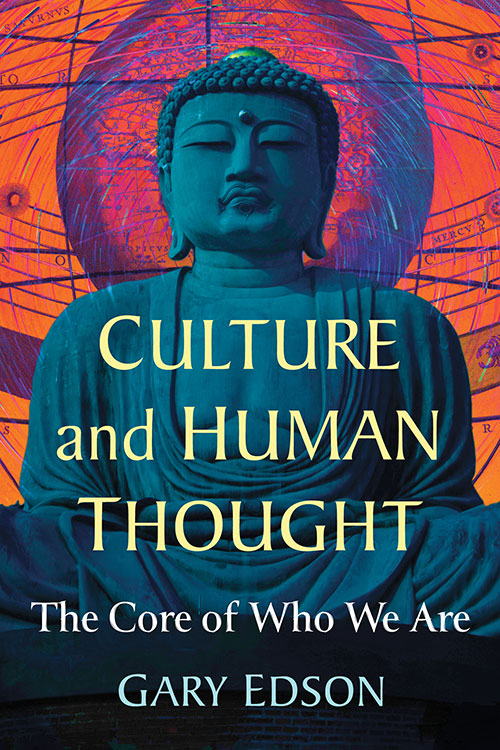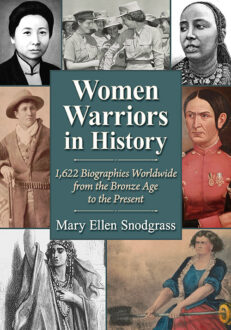Culture and Human Thought
The Core of Who We Are
Original price was: $19.99.$9.99Current price is: $9.99.
In stock
About the Book
Individuals often view “culture” as activities beyond their interests, associating the concept with exclusivity or high art. To be cultured is often synonymous with engaging in physical expressions of art, like opera, a classical music concert, a museum exhibit or a theater performance. While culture does indeed extend to all these things, it is the internal processes of memory, language, imagination and thought that frequently have more significance than any real-world activity. Culture is day-to-day life, ideas, identity and perception.
This book investigates the ways in which thought and belief have inspired collective human endeavors and traditions. It brings the act of thinking into focus, outlining its effect on civic development while exploring the history of cultural epistemology. Spanning time periods and geographic regions, chapters derive new meaning from the connections between thought, belief, tradition and the cultures they create. They explore how active thinking leads to group identity and document the multigenerational ideas and attitudes that have strengthened cultural memory.
About the Author(s)
Bibliographic Details
Gary Edson
Format: softcover (6 x 9)
Pages: 194
Bibliographic Info: notes, bibliography, index
Copyright Date: 2022
pISBN: 978-1-4766-9074-2
eISBN: 978-1-4766-4832-3
Imprint: McFarland
Table of Contents
Preface 1
Introduction to Thinking and Culture 3
One. Thinking About Culture 15
Ways of Thinking, Feeling and Acting 21
Inescapable Community Stories 28
Two. Creativity as Cultural Expression 33
Symbols Disclose a Characteristic of Truth 44
Three. Culture as the Spirit of Humanity 54
Ideologies of Particular Importance 60
Four. In Search of Cultural Reality 68
A Timely Existence 72
Five. Truth Is More Than a Way of Thinking 79
Expressions as Truth and Untruth 87
Six. Ways of Cultural Recollection 97
Recollection as Social Orientation 106
Seven. The Critical Nature of Culture 115
The Universality of Ethics Thinking 122
Eight. Knowledge and Cultural Thinking 127
Understanding, Logic and Expression 133
Nine. Cultural Spaces and Social Inclusion 138
Sustaining Cultural Ways 145
Ten. The Idea of Cultural Identity 151
The Perceived Transformation 154
Lost Identity 158
Chapter Notes 173
Bibliography 181
Index 187





